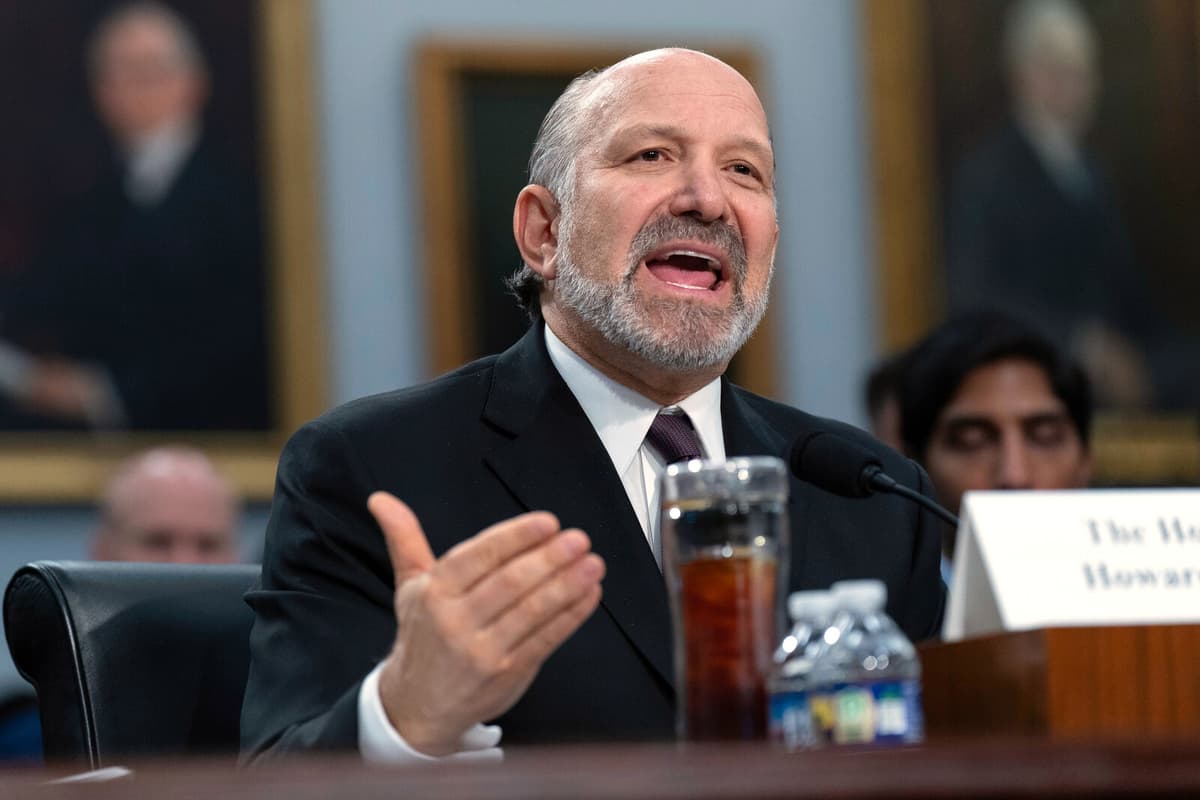Confirmation came in a statement from the Ministry of Trade on Friday, where it was also repeated that China will continue to grant export permits for deliveries of controlled goods such as rare earth metals to the USA.
The framework, which according to the US Trade Minister Howard Lutnick was signed two days ago, is based on an agreement in Geneva in May and the subsequent trade negotiations between China and the USA in London.
US President Donald Trump has also stated that the agreement is now in place.
"Positive signal"
According to Per Altenberg, trade strategist at the National Board of Trade, the message is positive.
It's a positive signal because it means the parties are talking to each other, he says to TT.
The agreement is reminiscent of the process when the USA and the United Kingdom concluded a trade agreement, Altenberg believes. First, you agree on what to negotiate and agree on, to eventually become more concrete.
In May, Trump and the UK's Prime Minister Keir Starmer agreed on a preliminary framework agreement. On June 17, the parties signed a trade agreement - even if the steel tariffs important to the UK continue to be negotiated.
It can be a framework for how to continue to reduce the conflict level in the trade relationship, says Altenberg about the agreement between the USA and China.
Clarifies
The agreement clarifies what applies to trade between the world's two largest economies.
They will deliver rare earth metals to us and as soon as they have done so, we will remove our countermeasures, says Lutnick to Bloomberg.
Lutnick added that the Trump administration is ready to make a deal on trade with a dozen other countries - within the next two weeks, before Trump's deadline for negotiations expires on July 9. But he did not specify which countries were involved and whether the EU was among the counterparts that the White House expects to reach an agreement with.
The Trump administration - which is currently applying new general tariffs of 10 percent on large parts of the world and so-called sectoral tariffs of 25 percent on cars and car parts and 50 percent on steel and aluminum - has also opened up for extending the negotiation deadline after July 9 in some cases.






